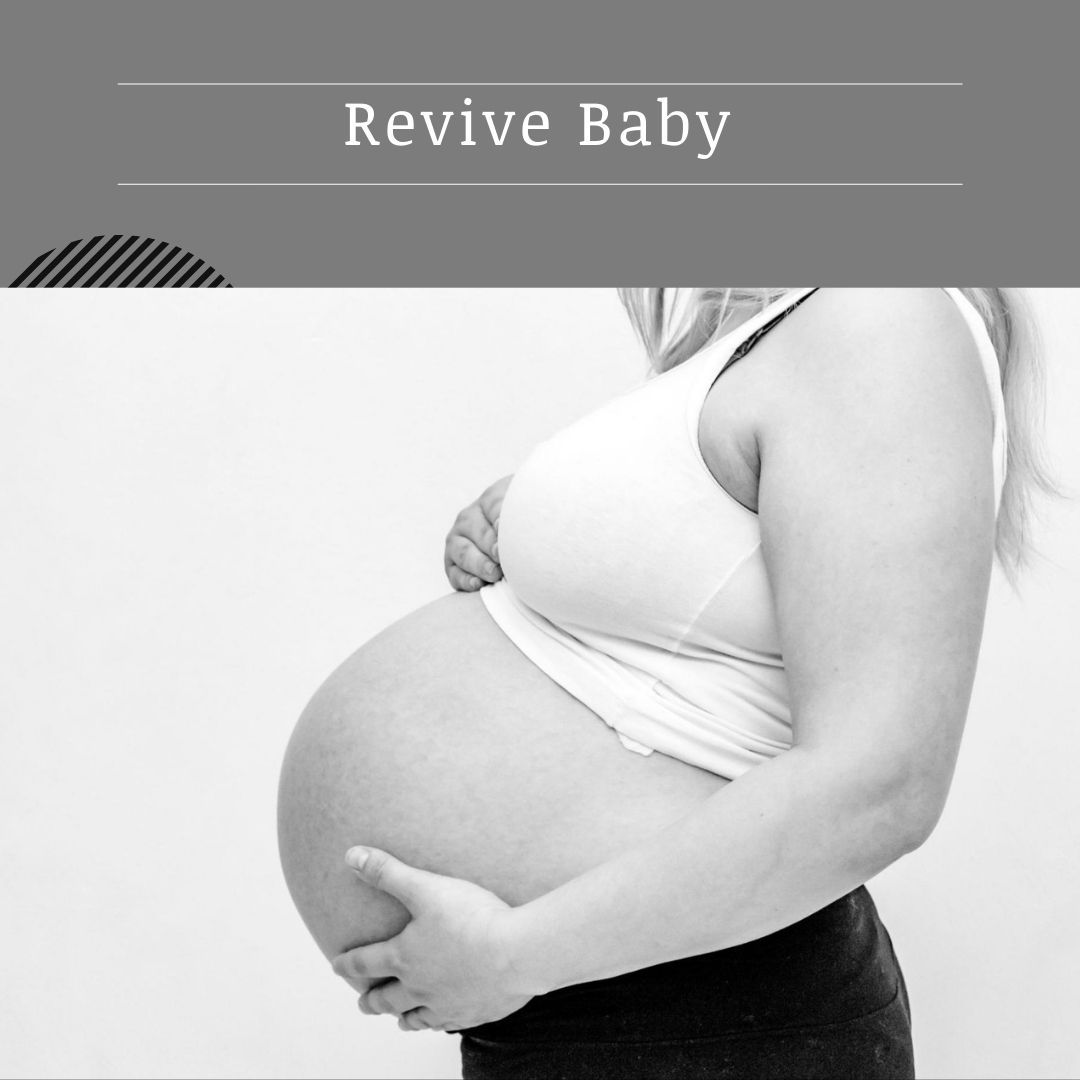Every pregnancy is unique, whether you have your first or fourth child. You have a lot of questions that need to be answered as well.
Many pregnant women are concerned about their tummy fat. Surprisingly, there hasn't been a lot of research done on this. However, the available information on the subject will be discussed in this article. Because many pregnant women struggle with weight gain, it's critical to understand how pregnancy affects belly fat.
What Happens To Existing Belly Fat When Pregnant?
In the second trimester of pregnancy, the uterus begins to grow. Symptoms of pregnancy usually appear between the 12th and 16th week. The fat in your abdomen expands to make room for your growing fetus. Even if your weight is normal for your height, you may need to switch to maternity clothing.
If you are overweight and have a potbelly, you will notice a distinct shift in your stomach. Your tummy will round out rather than expand, indicating that your baby is developing normally.

After giving birth, this extra fat is unnecessary after your hormone levels have returned to normal. That is why you will be able to lose weight gradually but steadily. Breastfeeding also helps with postpartum weight loss.
If you are concerned about your weight gain during pregnancy, speak with your doctor or midwife. They can help you lose weight safely by recommending a diet and exercise plan.
How Much Weight Can You Gain During Pregnancy?
Your pre-pregnancy BMI will determine how much weight gain is safe throughout your pregnancy.
- Pregnant women with a BMI of less than 18.5 are recommended to gain 28 to 40 pounds. A woman's average weight increases by 62 pounds when she has twins.
- A healthy weight gain of 25-35 pounds is possible for someone with a BMI between 18.5 and 24.9. This weight gain could range from 37 to 54 pounds for a set of twins.
- Overweight women with a BMI of 25 to 29.9 should gain no more than 15 to 25 pounds during pregnancy. However, if you're carrying twins, that number could range between 31 and 50 pounds.
- Individuals with a BMI of 30 or higher should gain no more than 11 to 20 pounds, whereas identical twins can gain up to 25 to 42 pounds.
Those overweight or obese should try to lose weight before getting pregnant.

How Does Pregnancy Change Your Body Shape?
Your body will undergo significant changes over the next 9 months as it adapts to the needs of your developing child.
If you're worried about how your belly fat will change during pregnancy, the short answer is that it won't change much at first.
Because most women do not exhibit pregnancy symptoms until they are between 12 and 16 weeks.
A pregnant woman with a lot of pre-pregnancy abdominal fat may take a little longer to show visible signs of a baby bump.
You may feel and appear normal during the first three months of your pregnancy.

Why Should Overweight Pregnant Women See A Doctor?
This group of women should see a doctor right away.
Because the first ultrasound is so important, it must be done as soon as possible.
Those attempting to calculate a due date for a pregnant, overweight, or obese woman may have difficulty doing so.
Obese women's ovulation may become more unpredictable due to weight gain during pregnancy.
Furthermore, your doctor may have difficulty reading some of the methods by which you would otherwise be given a due date for various reasons. Two of these causes are a lack of exercise and an accumulation of fat around the abdomen.
During your first prenatal visit, your doctor will want to take your body mass index (BMI).
Because of your obesity, your doctor will want to screen you for gestational diabetes right away. A positive result from this test indicates that you should regularly monitor your blood sugar levels.
Even if the test results are negative, your doctor will want to monitor the protein levels in your urine. You will almost certainly be tested for gestational diabetes later in your pregnancy.
What Are The Healthy Habits To Follow To Lose Weight?
First, incorporate A Well-balanced Diet Into Your Daily Routine.
A diet high in fresh fruits and vegetables and nutritious grains such as oatmeal and bread can help you stay healthy and energetic. Also, choose low-fat alternatives like milk and yogurt instead of full-fat versions.
Protein-rich foods such as eggs, beans, and lean meat may help you feel full and energized. Furthermore, you should drink plenty of water to help your body eliminate waste.
Limit your consumption of sugary beverages such as soda, fruit juice, and iced tea.
High-calorie foods such as cookies, cakes, and sweets should be avoided similarly. In addition, avoid excessive use of high-fat ingredients such as mayonnaise, butter, and cooking oil.
Maintain Hydration.
As previously stated, water is highly recommended. You should always have a tumbler on hand because dehydration is unavoidable.
The thermogenic properties of water may help you burn calories more efficiently and maintain a healthy weight. This helps to avoid premature labor and its complications.
Looking at your pee, you can tell if you're getting enough water.
Prenatal Vitamins
Take a prenatal vitamin to ensure you get enough calcium and folic acid. Folic acid is found in spinach, broccoli, and beans. Calcium is necessary for bone health, and milk and spinach are excellent sources.
Sleep
Aim for at least 7 hours of sleep per night. This is critical for both you and the child.
Avoid Stress.
Stress reduction is essential for your and your baby's health during pregnancy and the birthing process.
Conclusion
It is critical to maintaining a healthy weight during pregnancy. If you rapidly gain weight or suspect that you have an eating disorder contributing to your weight gain, you should consult a doctor.
The doctor will prescribe specific dietary guidelines for you to follow to have a healthy pregnancy.










